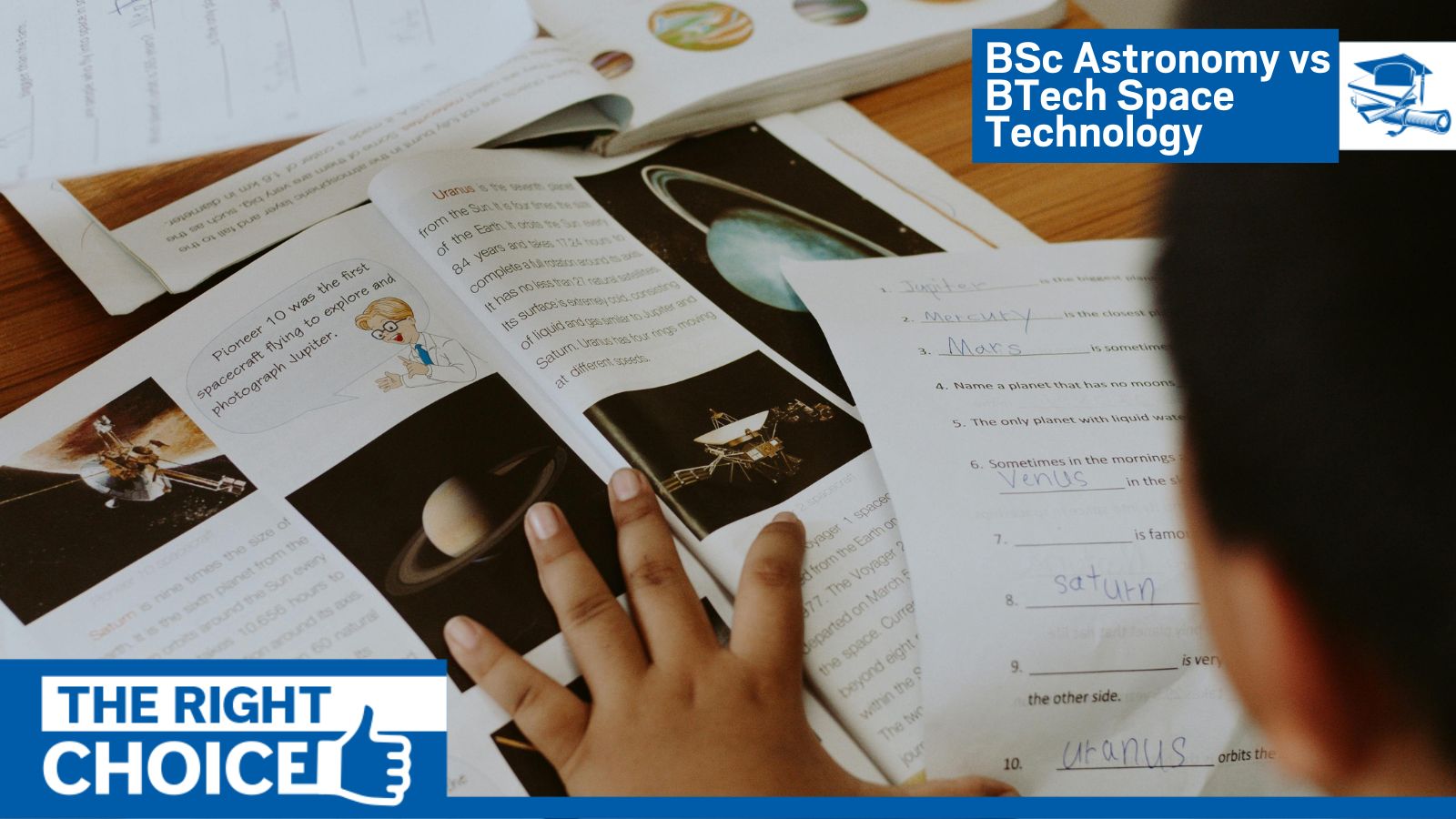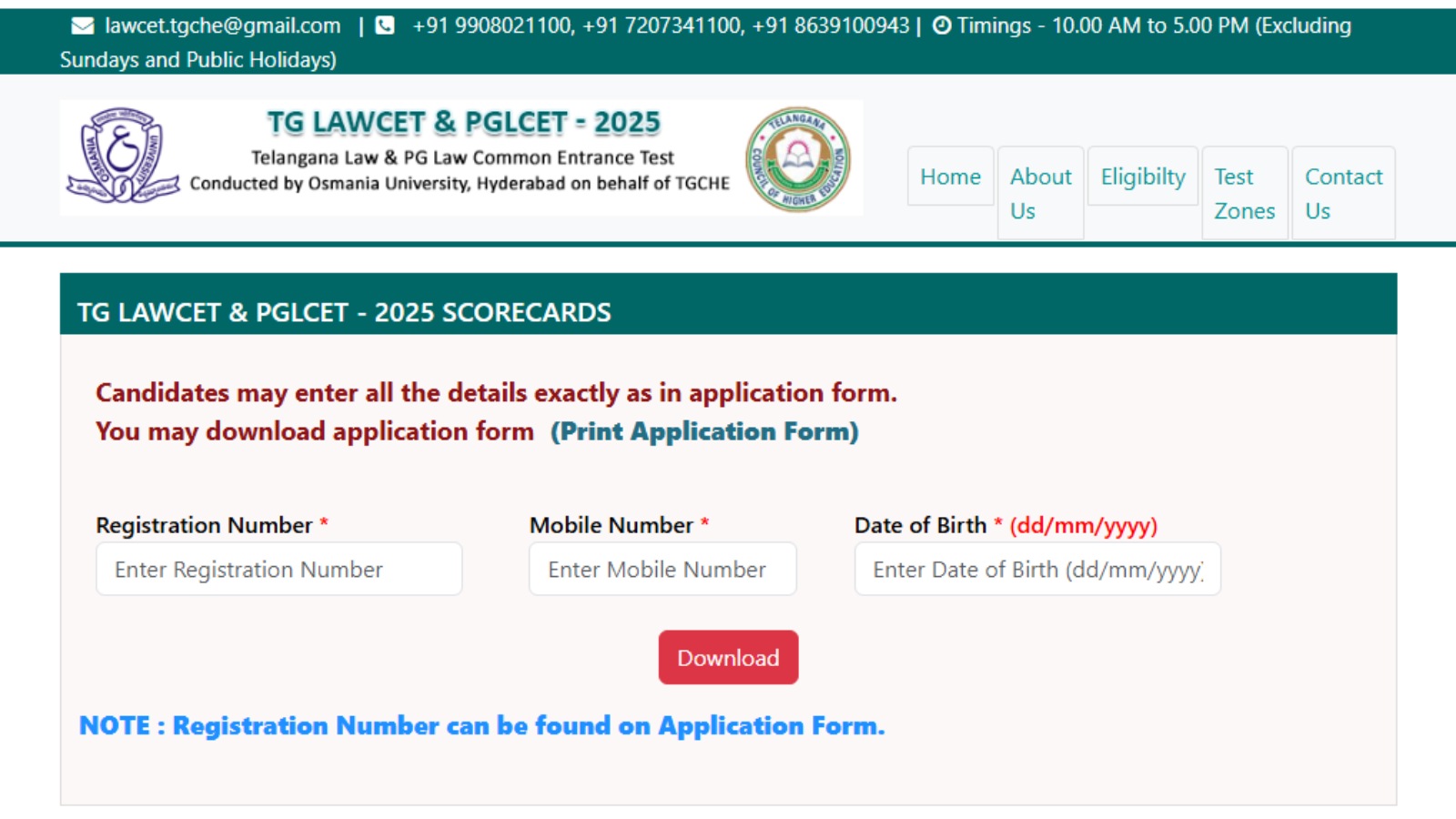(‘The Right Choice’ is a series by The Indian Express that addresses common questions, misconceptions, and doubts surrounding undergraduate admissions. You can read the stories here.)
When the countdown began for Shubhanshu Shukla’s historic spaceflight, it lit a spark across India, and touching the stars didn’t feel like science fiction anymore. It felt like something we could truly reach. With ISRO’s missions gaining global applause and Indian names entering space history, it is no longer about watching the sky. It is about building, decoding, and being part of it.
But for students fired up by this dream, there is one big question— BSc Astronomy or BTech in Space Technology: which one really takes you there?
The Short Answer: Sheldon or Howard?
If you have watched The Big Bang Theory, this one is easy. Sheldon is the physicist, obsessed with theories, time, and space, while Howard is the engineer, building gadgets and flying to space. That is the simplest way to see the difference.
If you are a thinker, BSc Astronomy is your path. It is for those who ask why galaxies spiral, how stars die, and what lies beyond space-time. If thought experiments and cosmic puzzles thrill you, this is your orbit. Since few Indian colleges offer Astronomy at the undergraduate level, most students begin with BSc Physics or Mathematics with Computer Science, then specialise in Astrophysics or Astronomy at the postgraduate or research level.
BSc Astronomy: Where can it be studied?
— Indian Institute of Science (IISc) Bengaluru
— Tata Institute of Fundamental Research (TIFR) Mumbai
— Indian Institute of Astrophysics (IIA) Bengaluru
— Inter-University Centre for Astronomy and Astrophysics (IUCAA) Pune
— National Centre for Radio Astrophysics (NCRA-TIFR) Pune
This track often leads to research labs, observatories, or academics – the Chanakya guiding the Chandraguptas of India’s space missions.
Story continues below this ad
If you are a builder…choose BTech in Space Technology or Aerospace Engineering. If building rockets, satellites, or navigation systems excites you, this is your launchpad.
Colleges for BTech in Space Technology or Aerospace Engineering
— Indian Institute of Space Science and Technology (IIST) Thiruvananthapuram
— IITs (Aerospace branches)
— Selected NITs with specialisations
— Manipal Institute of Technology, Amity University, UPES (private options)
This route often leads to ISRO, DRDO, or private space companies. It is hands-on and job ready. And if you are both — explore hybrid paths. Start with BTech and specialise later in Astrophysics or Satellite Science. Or pursue BSc and pivot into computational astronomy or space instrumentation— increasingly valued in the industry.
And don’t forget — doctors, biotech engineers, and life scientists are part of space missions too. As India prepares for long-term space habitats, there is room for thinkers, builders, healers, and dreamers alike.
Story continues below this ad
(The author is a senior educator of physics at Shiv Nadar School Noida)




